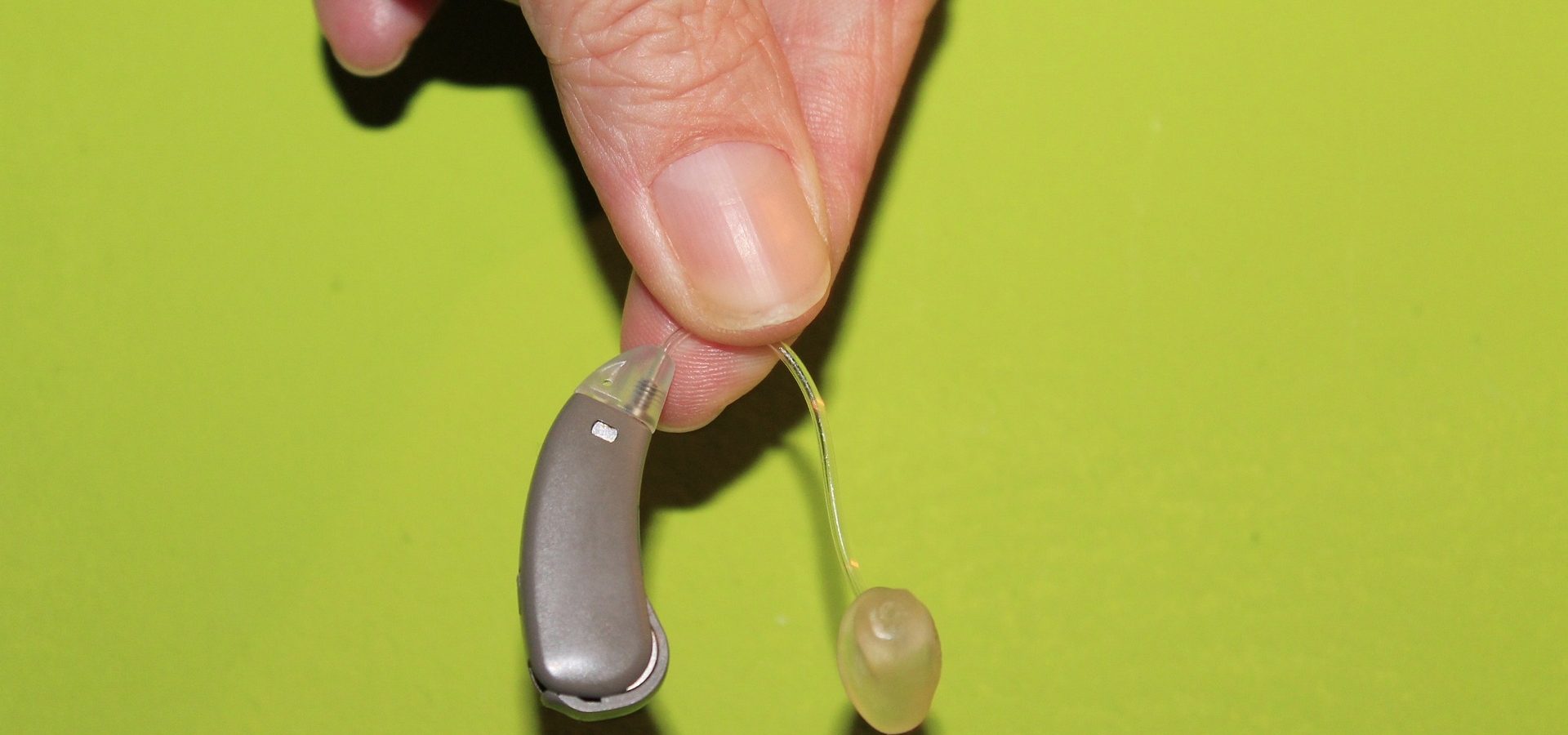Menu

Hearing aids are similar to other machines—they also last only for a limited time, depending on various factors. For example, a standard hearing aid typically lasts around five years, although this can vary depending on the type of hearing aid and how well it is cared for.
However, there are instances when hearing aids fail earlier than their expected lifespan. Patients may feel uncomfortable wearing them and hear less than usual as soon as they fail. But which factors should patients consider before upgrading to new hearing aids?
1. Device Age
One of the most common factors that affect hearing aids is their age. As the saying goes, “All good things come to an end.” The same is true for hearing aids, which eventually stop working as they age, considering patients may use them all day.
If you wear your hearing aids every day, you may notice that they start to lose their effectiveness over time. It is normal and to be expected. Hearing aids need to be replaced when they no longer provide the level of amplification that you need.
2. Newer Technology
If you are still using hearing aids purchased a few years ago, you might miss out on some of the latest and greatest technology. Remember that technology constantly improves, and newer hearing aids have improved sound quality, longer battery life, and more. If you are in the market for new hearing aids, it is essential to know what the latest technology offers.
a. Comfortable Fit
One of the best things about newer hearing aids is that they are smaller and more comfortable than ever. If you have an issue with your current hearing aid fitting comfortably, a more recent model may be a better option. Patients can now get fitted for personalized hearing aids, offering a better ear cavity match for improved hearing.
b. Advanced Features
Aside from amplifying people’s hearing, hearing aids now offer other advanced features. Some of the most popular features include Bluetooth technology, wireless capability, rechargeable batteries, and tinnitus therapy. You must consult your audiologist if you want to add these features to your hearing aid.
3. Lifestyle Changes
As we age, our bodies go through many changes. Our skin gets wrinkles, our hair gets thinner, and our eyesight and hearing may not be as sharp as they once were. For many of us, these changes are a natural part of aging.
But for others, they can be a sign of a more serious underlying condition. If you’ve noticed a decline in your hearing, it may be time to consider upgrading to new hearing aids. A lifestyle change is a valid reason to upgrade to new hearing aids.
4. Current Needs
If you find yourself needing to use your hearing aids more often than you used to, it may be time to upgrade to a new pair. It could be due to a change in your job or lifestyle or an underlying health condition.
If you’ve been using your hearing aids for a while, you may also find that your needs have changed. For example, you may now need hearing aids that are more durable or have better battery life.
Conclusion
If you’re thinking about upgrading your hearing aids, it’s essential to do your research. Start by talking to your audiologist to see if they have any recommendations. Meanwhile, look into different brands and models to see if any would be a good fit for your needs.
Fraser Valley Beltone is a hearing clinic in Langley providing free hearing tests for patients with hearing concerns. Our team of hearing instrument practitioners aims to help patients hear better by providing them with hearing aids. Own a hearing aid that fits your needs and preferences today, and schedule an appointment by booking on our website.
Share Post
Facebook
Twitter
LinkedIn
Email
Reddit
Pinterest
